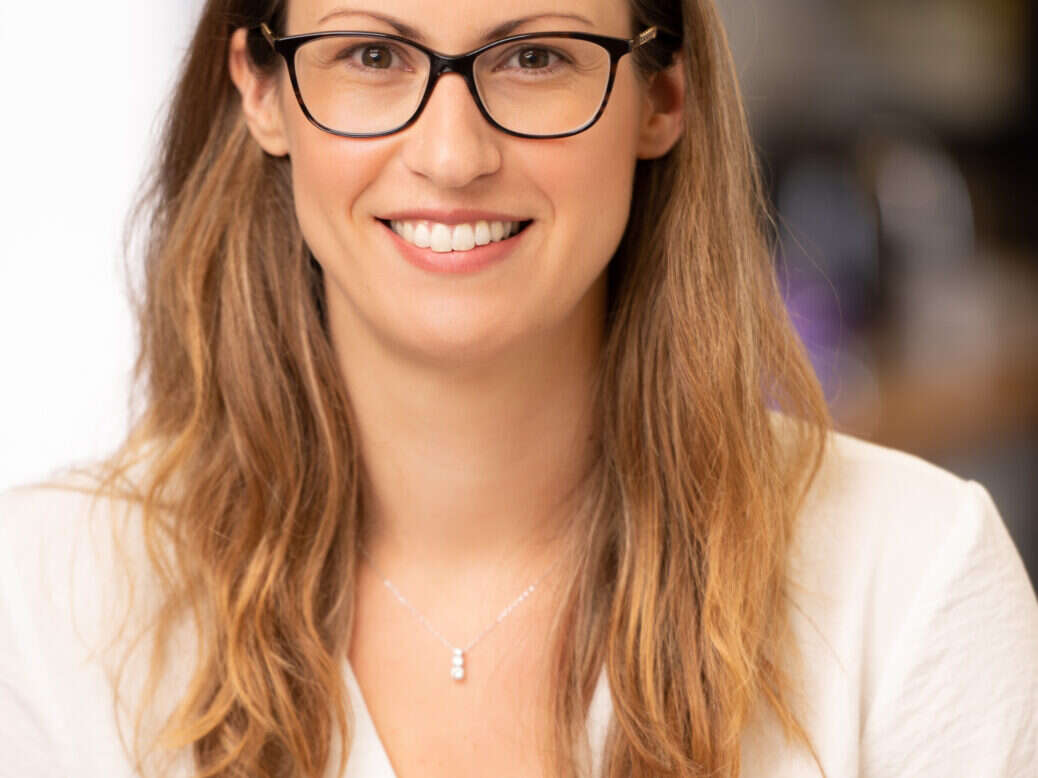
Raconteur editor Sarah Vizard writes about the need to put more focus on diversity in B2B journalism (and beyond) and why her team wanted to help make “real change” in the industry.
Even the most ardent devotees of journalism will admit it has a diversity and inclusion issue. The data overwhelmingly says so and, even if the numbers have improved, the sense that breaking into the industry is more about who you know than what you know prevails.
Many of us will have worked for companies that don’t offer work experience – unless it is for the boss’s niece – while having experience in the industry does not appear to be a prerequisite for some of the highest profile newspaper editor jobs, if you have a link to the people with power.
This perception of the industry as all-too-often only open to those who know how to get in can be seen in the make-up of its workforce. Analysis of the 2021 ONS Labour Force Survey data by research consultant Mark Spilsbury found that while 87% of journalists come from white ethnic groups (the same proportion as across all UK workers), among editors that rises to 90%. Given that much of the media industry is based in London, where white ethnic groups make up around 60% of the population, it’s clear there is an issue.
There are class challenges to overcome too. Journalists are much more likely to come from households where a parent works, or worked, in a higher-level occupation – a signifier of social class. Four-fifths have a parent in one of the three highest occupational groups, compared to 42% of the wider workforce. There is a similar disparity in qualification level. Some 89% of journalists are qualified to at least degree level, compared with 49% of the overall workforce.
These are structural issues that require investment – both in terms of time and money – to be overcome. There is some excellent work being done in this area, with publications including the Financial Times, The Economist and New Scientist offering paid traineeships to those from black, Asian and minority ethnic backgrounds, for example.
At Raconteur, we wanted to do our bit too. We’re a B2B media brand that covers topics ranging from technology to HR, marketing to sustainability. If a business leader needs to know about a trend, technology or tool, we cover it. We have a rapidly expanding in-house editorial team, as well as a large roster of talented freelance writers from a range of backgrounds.
However, from looking at the make-up of our team and collecting anonymous data from our freelancers, we know that our writers are not representative of society. While data is hard to find, it feels anecdotally like B2B journalism has even more of a diversity problem than other areas of journalism. This is a problem because it means we are likely missing stories of interest to our readers and failing to get a full range of viewpoints.
Opportunities for the underrepresented
That’s why we launched the New Voices Programme. The brainchild of our deputy editor Fran Cassidy, it offers six budding journalists from under-represented backgrounds the opportunity to learn how to become a freelance writer, get support as they start out and see their work published.
Running for 12 weeks, it includes weekly hour-long sessions on the fundamentals of freelance business journalism, from how to pitch editors, to how to interview experts and craft compelling copy. The people taking part must then take everything they have learnt and turn it into an article that’s right for Raconteur’s business audience and meets our usual high standards. We then publish it, paying them our standard freelance rate.
We started the programme in June and have aspiring journalists from a broad range of backgrounds that are all under-represented in media. It’s a 40/60 split of male and female, while we also have people from ethnic minorities and with disabilities, those who are neurodivergent, people from the LGBTQ+ community and from lower-income backgrounds, as well as a range of ages.
We hope the course helps with the hardest part of journalism: getting started. By sharing the tools, tips and techniques our regular writers use, the aim is to offer a grounding in freelance journalism and, more importantly, the confidence to get out there and start pitching.
At the same time, we want to learn from our aspiring journalists. What stories are we missing out on? What challenges have they faced? And how can we improve the programme, from the application process to the sessions? How can we be useful to them going forward?
We want to make real change in the industry. Our team believes business journalism offers writers an exciting, inspiring, stable career and we want to share that with people who thought this industry wasn’t for them. It’s clear we can learn a lot from each other and, hopefully, open up journalism to more people.
Picture: Raconteur
Email pged@pressgazette.co.uk to point out mistakes, provide story tips or send in a letter for publication on our "Letters Page" blog
